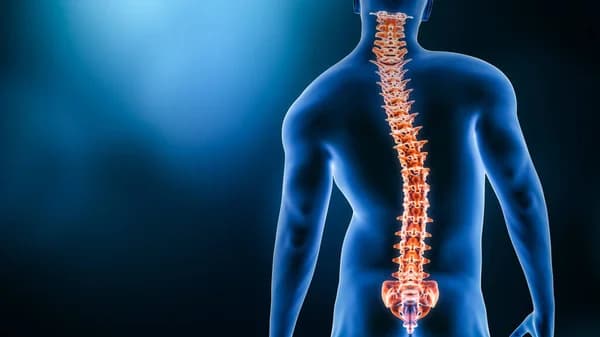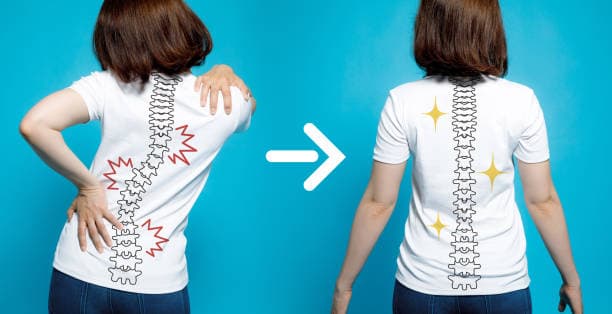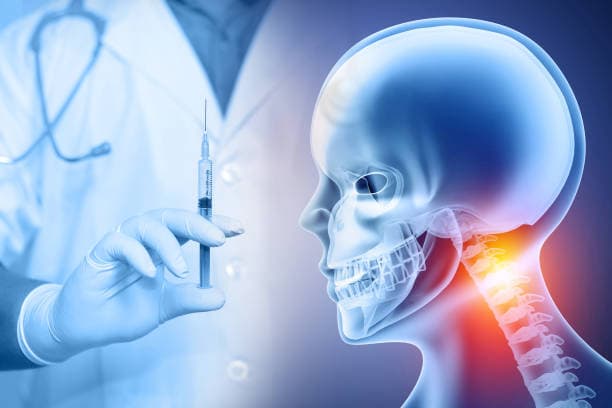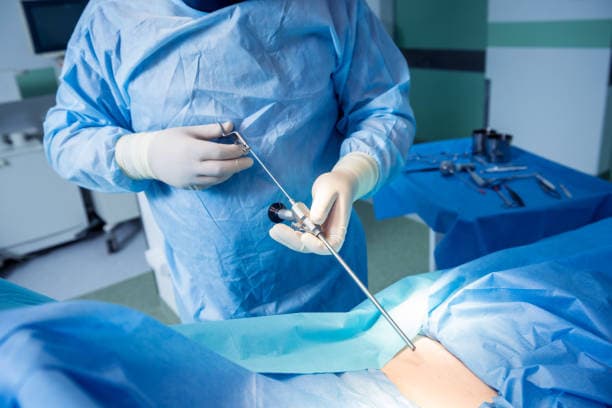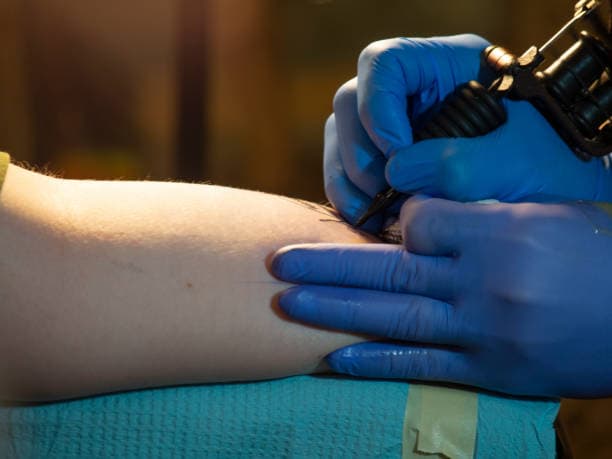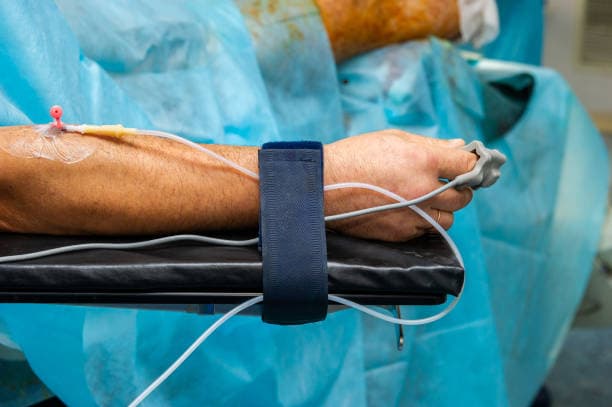All Blogs
Our Offices
US
16192 Coastal Highway, Lewes, United States of America.
SG
Vision Exchange, # 13-30, No-02 Venture Drive, Singapore-608526
KSA
2999 Imam Faisal bin Turki bin Abdullah, Al-Deira, Riyadh 12633 7652
UK
Level 1, Devonshire House, 1 Mayfair Place, Mayfair W1J 8AJ United Kingdom
IN
211, 2nd Floor, DLF Tower A, Jasola, Delhi 110025
BD
Level-6, House 77, Road-12, Block-E, Banani, Dhaka-1213
2024, Healthtrip.com All rights reserved.
